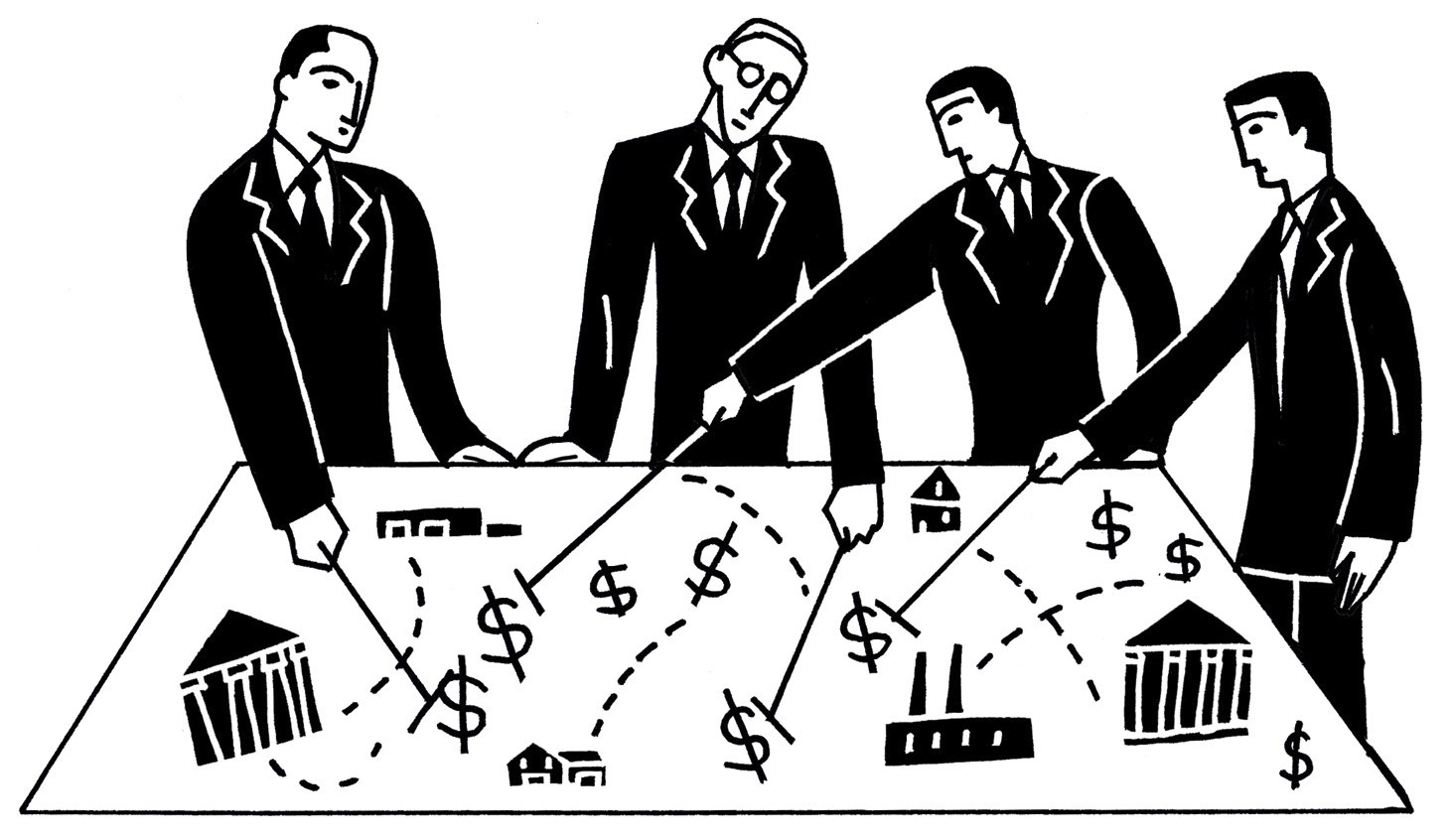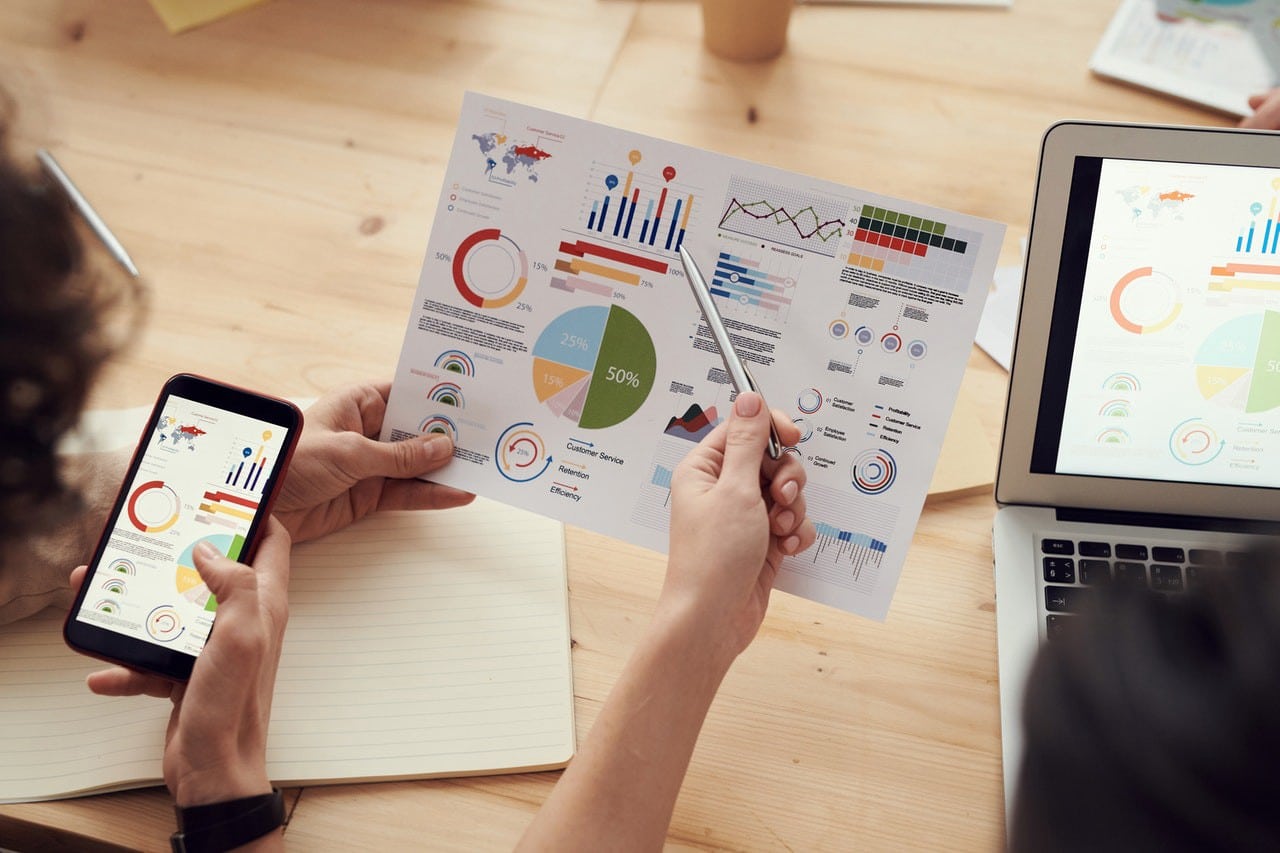An economics degree will help you get job in a variety of fields, regardless of what industry you work in. The global labor market is in high demand for highly numerate graduates, and the broadly transferrable analytical and problem-solving skills produced by economics students means that economics professions are exceedingly varied. Read till the end to know what can you do with an economics degree.
We have curated a list of things you can do with your economics degree below. These are some of the most common economics vocations, along with information on what to expect and the abilities required.While some people opt to pursue economics at the graduate level (e.g., a Master’s in Economics), it is not required to get a decent graduate employment.
If you’re going for highly specialized positions (such as becoming a professional economist), this shouldn’t stop you from continuing your education, but it’s useful to know that economics careers in finance and other areas are readily available to those with only a bachelor’s degree. Below we have curated a list of career options for you after obtaining your economics degree.
Take a look at our list of options of what can you do with an economics degree:
-
Professional economist careers
You’ll be investigating and analyzing economic data, challenges, and trends as a professional economist. To get the specific abilities required for the bulk of economist careers, you’ll need to study economics at the postgraduate level. To work as a professional economist, you must be comfortable creating economic projections and reports for clients as well as advising on policy and/or corporate strategy.

Local and national governments, public and private banks, insurance companies, think tanks, huge multinational corporations, financial consultancies, accounting firms, and local governments are all possible employers. In these positions, a thorough understanding of current events and economic conditions is critical.
-
Economics careers in banking
Banking occupations are particularly popular among economics graduates since they offer great earnings potential and are in high demand. Economic graduates are in high demand for positions in financial control, financial planning, risk analysis, data analysis, and consulting.
Banking jobs are primarily focused with advising and delivering services for a variety of banking clients and consumers, with a focus on keeping clients’ and businesses’ financial needs on track.
-
Economics careers in the public sector
Economics majors will be in high demand in all sectors of public and private spending, including pricing and risk analysis, financial consulting, and economic planning. With the public sector, economists are frequently involved in taxation, transportation, commercial and waste services, energy, and other forms of government spending.
Students studying economics are currently in high demand, thanks in large part to the recent global recession and the tightening of economic regulation by governments around the world.
-
Actuarial and data analysis careers in economics
An actuary is a business specialist whose job it is to assess and advise on the financial risks and uncertainties that people face. Actuaries offer reports and design risk-reduction measures based on their knowledge of both business and economics.

The majority of entry-level positions in this profession are in pensions and insurance, but you may have the potential to advance to fields such as banking, investment, and healthcare later on. Actuaries must be proficient in mathematics and statistics, as well as able to properly communicate complicated data to non-experts.
With an economics background, it appears like anything is possible. Auditor, stockbroker, insurance, business manager, retail merchandizer, pricing analyst, statistician, financial consultant, and salesperson are all popular economics occupations and roles. Hope you got the answers regarding what can you do with an economics degree. If you have any queries related to this feel free to ask in the comment section below.
Also Checkout: 5 Important Lessons Regarding Finance For Young Adults















